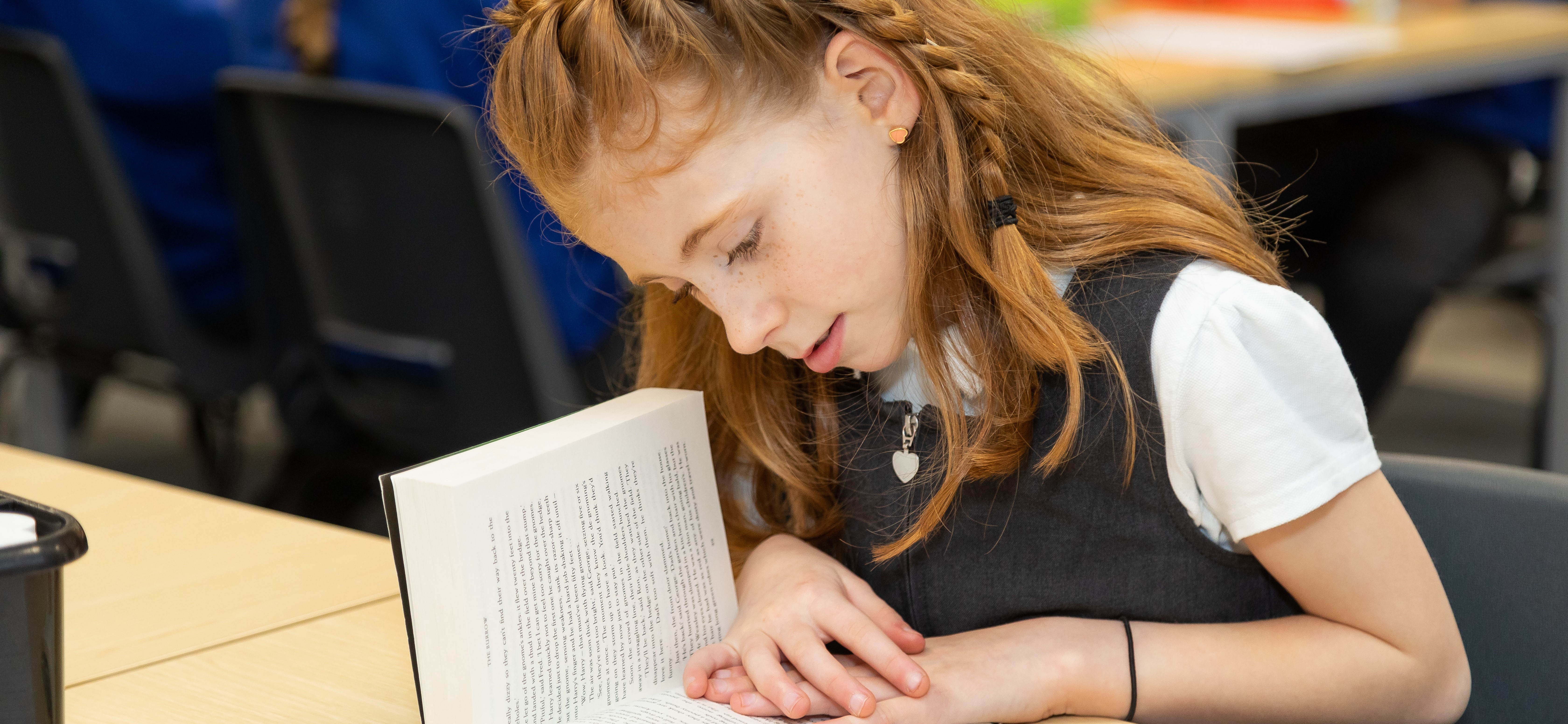
The Equality Act became law in 2010. It covers everyone in Britain and protects people from discrimination, harassment and victimisation. Everyone in Britain is protected. This is because the Equality Act protects people against discrimination because of the protected characteristics that we all have. Under the Equality Act, there are nine Protected Characteristics:
Manor Farm Academy is an inclusive school where we focus on the well-being and progress of every child and where all members of our community are of equal worth.
We believe that the Equality Act provides a framework to support our commitment to valuing diversity, tackling discrimination, promoting equality and fostering good relationships between people. It also ensures that we continue to tackle issues of disadvantage and underachievement of different groups.
Our approach to equality is based on the following key principles:
Significant Individuals
We focus on how the persistence and determination of significant individuals, from all backgrounds, have positively influenced the world in which we live and celebrate their achievements and contributions. We have considered how we can represent a variety of people in all of our subjects.
Challenging Stereotypes
Stereotypes are generalisations about the personal attributes or characteristics of a group of people. For example: looking at two medical professionals and assuming a male is a doctor and not a nurse.
We want to make sure that we challenge these assumptions to broaden our children’s thinking!
Our teachers use carefully chosen images, stories or activities throughout the curriculum to allow the chance to dispel stereotypes. These are all based on what the teacher knows about their class and any stereotyping they may have picked up on.
Diverse Visuals
Our teachers ensure that the visuals they choose are inclusive and diverse throughout the curriculum from specific topic studies which discuss stereotypes to the pictures we choose that go alongside our word problems in maths. It’s a simple thing but with mindful selection, our teachers are challenging stereotypes such as fixed gender roles like ‘builders are male’.
Varied visuals also give our children opportunities to raise and discuss ideas that are important to them. For example, when talking about families visuals might be used to allow our children to see different family dynamics including single parent families, adoptive families, families who have grandparents as the head, same sex parents and families without children. This allows our children to explore the world and ask questions in a safe space.
Diverse Texts:
It’s really important that children get to ‘see themselves’ in books, both fiction and non-fiction. Not only should they see themselves but they should also be given the opportunity to see a wide range of people in all sorts of roles including that of the main characters and authors so that they know what’s possible! That’s why Manor Farm Academy has invested in buying new books that diversifies our book corners and chosen teaching texts to be more inclusive and challenge stereotypes. We also audit our chosen teaching texts to check that we have a range of representation in each year group.